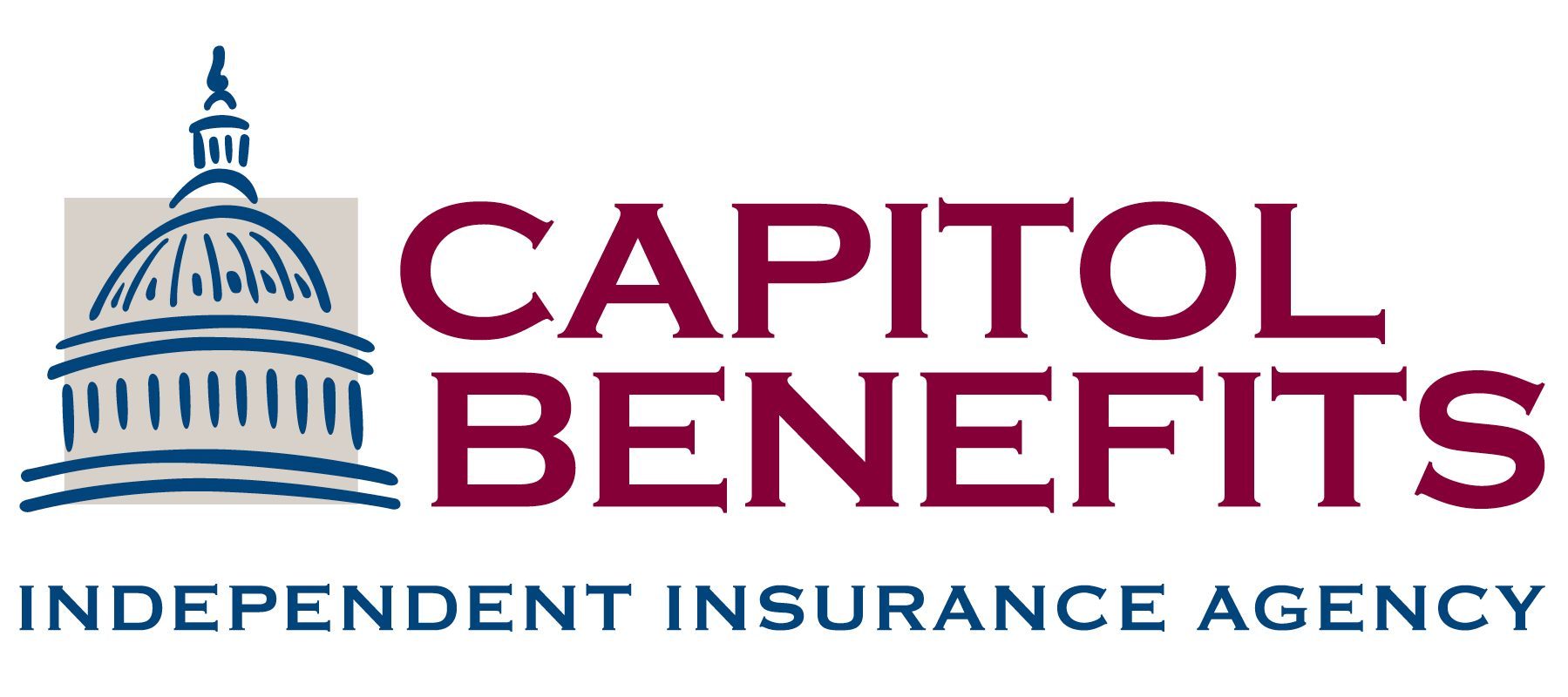In today’s unpredictable world, insurance plays a crucial role in safeguarding our financial well-being and providing peace of mind. Insurance policies offer protection against various risks and unforeseen circumstances, allowing individuals, families, and businesses to mitigate potential losses. However, with a wide array of insurance options available, it’s essential to understand the different types of insurance to make informed decisions about coverage. In this blog, we will explore some of the most common types of insurance and their significance in our lives.
1. Health Insurance:
Health insurance is perhaps one of the most vital forms of coverage, as it helps manage the costs associated with medical care. Whether it’s routine check-ups, emergency medical procedures, or long-term treatments, health insurance provides financial support, ensuring access to quality healthcare without significant financial strain. Understanding the terms, coverage limits, and network providers is crucial when selecting a health insurance plan to meet your specific needs.
2. Auto Insurance:
Auto insurance is a legal requirement in most jurisdictions and protects you and others in the event of a car accident. It typically includes coverage for property damage, bodily injury liability, and medical expenses. Additional options, such as comprehensive and collision coverage, protect against non-accident-related damage or theft. When choosing auto insurance, consider factors such as your driving record, the value of your vehicle, and your risk tolerance.
3. Homeowners or Renters Insurance:
Home is where we build our lives, and protecting it should be a top priority. Homeowners insurance covers your dwelling, personal belongings, and liability in the event of damage or theft. It also provides financial assistance in case someone gets injured on your property. Similarly, renters insurance protects the contents of your rented property and provides liability coverage. Assess the value of your possessions and the potential risks to determine the appropriate level of coverage for your home or rented space.
4. Life Insurance:
Life insurance is a crucial financial tool for protecting your loved ones’ future financial well-being in the event of your untimely death. It provides a lump-sum payment, known as a death benefit, to the beneficiaries named in the policy. Life insurance policies can also offer options for savings and investment. Consider your financial obligations, such as mortgage payments, debts, and dependents, to determine the appropriate amount and type of life insurance coverage.
5. Disability Insurance:
Disability insurance safeguards your income if you become unable to work due to illness or injury. It provides a portion of your salary during the disability period, ensuring you can meet your financial obligations and maintain your standard of living. Understanding the terms, waiting periods, and benefit periods is crucial when selecting disability insurance. It’s particularly essential for individuals who rely heavily on their ability to work to support themselves and their families.
In conclusion insurance is a critical component of financial planning, providing protection against unforeseen events and risks. By understanding the different types of insurance and their significance, you can make well-informed decisions about the coverage you need. Health insurance ensures access to quality healthcare, auto insurance protects against accidents, homeowners or renters insurance safeguards your property, life insurance offers financial security for loved ones, and disability insurance protects your income during times of incapacity. Taking the time to evaluate your needs and explore various insurance options will empower you to protect what matters most in your life.
Remember, insurance is not just an expense; it’s an investment in your future well-being and peace of mind. Take the necessary steps today to ensure you are adequately protected, so you can embrace life’s uncertainties with confidence.


